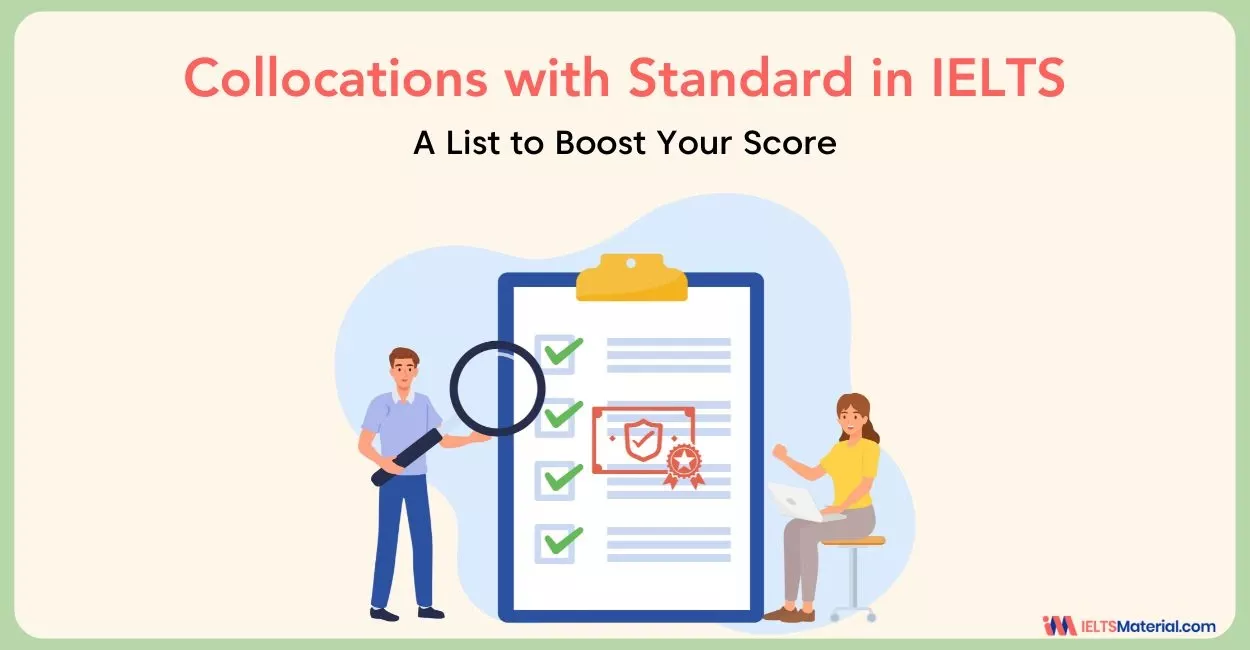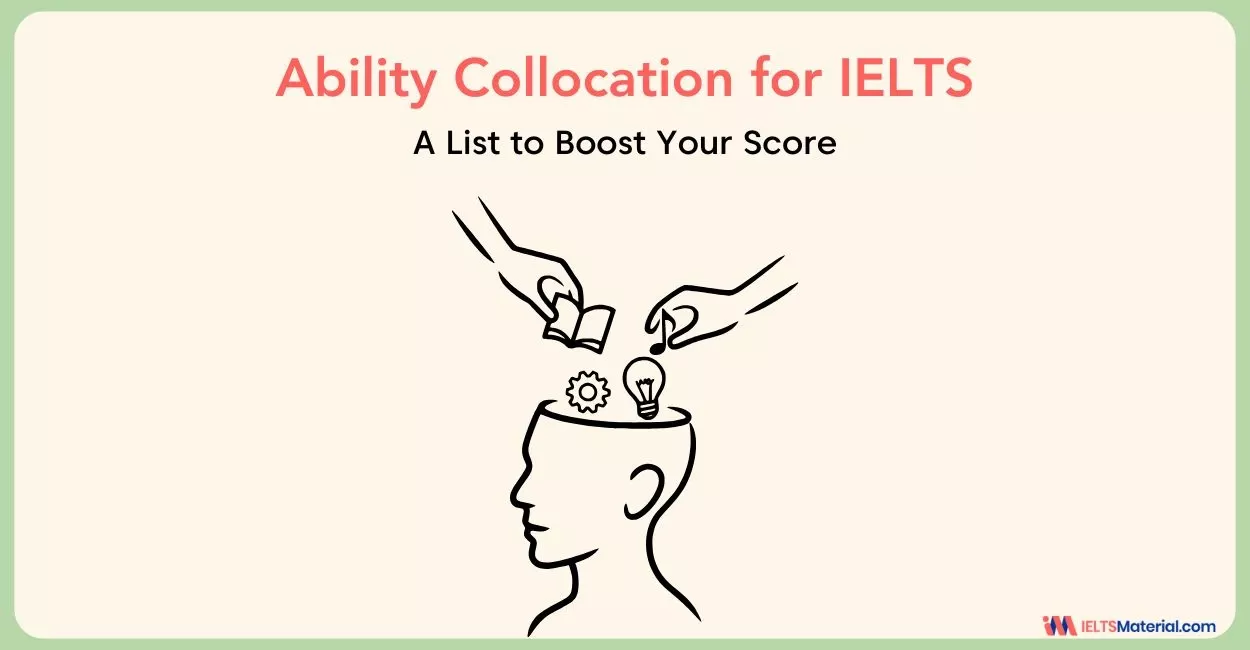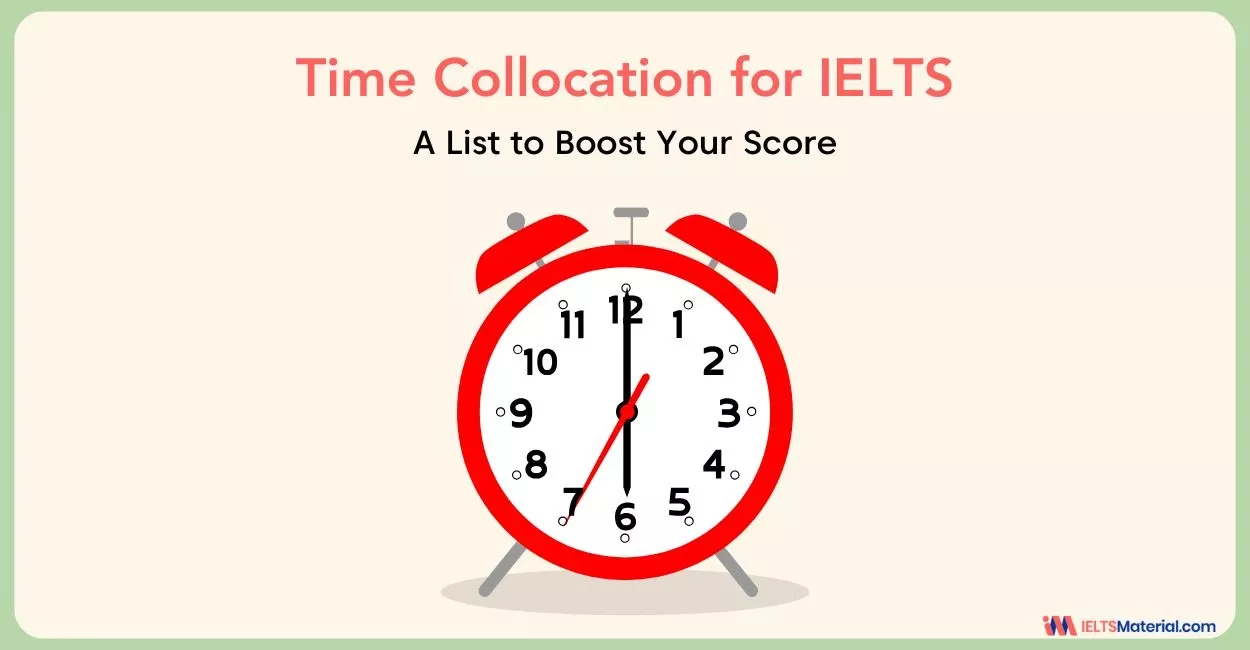Difficulty Collocation for IELTS: A List to Boost Your Score
6 min read
Updated On
-
Copy link
Discover difficulty collocations for IELTS and elevate your writing and speaking skills to boost your band score. This blog provides meanings, examples, and activities to help you boost precision, fluency, and IELTS vocabulary for band 7–8 success.
Table of Contents

Limited-Time Offer : Access a FREE 10-Day IELTS Study Plan!
In IELTS Writing and Speaking, examiners often look for natural and topic-specific collocations, which are word combinations that native speakers commonly use together. The word ‘difficulty’ is one that appears frequently in IELTS answers, especially when discussing challenges, problems, or obstacles in life, study, or work. However, using difficulty collocations for IELTS correctly requires more than just knowing their meaning.
This blog explores powerful and precise difficulty collocations to help you express ideas more naturally and score higher in the Lexical Resource criteria for the overall IELTS band score.
Lists of Difficulty Collocations for IELTS to Boost Your Score
Using the right collocations helps you to sound more fluent and natural, avoid repetitive vocabulary like ‘problem’ or ‘issue’, convey precise shades of meaning, and demonstrate lexical flexibility and range. These are all crucial for scoring a Band 7+.
Therefore, we will explore lists of the top important collocations for IELTS related to difficulty collocations in the tables below. Each table will have the meanings and example sentences for the specific collocation of ‘difficulty’.
Verb + Difficulty Collocations
When paired with verbs, ‘difficulty’ describes how someone experiences or deals with challenges. These are very useful for IELTS Writing Task 2 (especially topics about education, society, or technology).
|
Verb + Difficulty |
Meaning |
Example Sentence |
|---|---|---|
|
be in difficulty |
to be experiencing problems or trouble |
Many small businesses are in difficulty due to rising costs. |
|
cause difficulty |
to create problems for someone or something |
The lack of resources can cause difficulty in implementing new policies. |
|
foresee difficulty |
to predict that problems may happen |
The government failed to foresee difficulties in the healthcare plan. |
|
get into difficulty |
to start having problems |
Students often get into difficulty when they don’t manage their time properly. |
|
overcome difficulty |
to successfully deal with a problem |
With determination, she overcame all difficulties and achieved success. |
|
present difficulty |
to create a challenging situation |
The new regulations present difficulties for international students. |
Common Adjective + Difficulty Collocations
Adjective collocations describe the type or nature of the difficulty. These are excellent for expressing precise details and complexity in IELTS Writing or Speaking.
|
Adjective + Difficulty |
Meaning |
Example Sentence |
|---|---|---|
|
current difficulty |
problems happening now |
The company is working hard to resolve its current difficulties. |
|
financial difficulty |
problems related to money |
Many families face financial difficulties during economic recessions. |
|
learning difficulty |
problems in understanding or studying |
Some children have learning difficulties that require special support. |
|
main difficulty |
the most important or biggest problem |
The main difficulty was communicating with people from different cultures. |
|
marital difficulty |
problems in a marriage |
They decided to attend counseling to solve their marital difficulties. |
|
technical difficulty |
a problem with equipment or technology |
The online class was delayed due to technical difficulties. |
|
unforeseen difficulty |
a problem that was not expected |
The project was delayed by unforeseen difficulties. |
|
practical difficulty |
problems that make something hard to do |
There are several practical difficulties in implementing this idea. |
Other Useful Collocations and Expressions with ‘Difficulty’
These expressions often appear in academic or formal IELTS writing, particularly in problem-solution or IELTS advantages/disadvantages essays.
|
Collocation/Expression |
Meaning |
Example Sentence |
|---|---|---|
|
in spite of difficulty |
despite facing problems |
The team succeeded in spite of many difficulties. |
|
without difficulty |
easily |
Most people can use this app without difficulty. |
|
with great difficulty |
after struggling a lot |
She passed the exam with great difficulty. |
|
have difficulty (in) doing something |
find something hard to do |
Many students have difficulty understanding academic vocabulary. |
|
experience difficulty |
face challenges |
Learners often experience difficulty adapting to online education. |
|
encounter difficulty |
come across problems |
Businesses may encounter difficulties when expanding internationally. |
|
serious difficulty |
major or critical problem |
The country faces serious difficulties in reducing unemployment. |
Notes
|
Difficulty Collocation for IELTS: Practice Exercises
The following exercises are designed to help you understand and use difficulty collocations for IELTS. So, take up the exercises one by one and refer to the answer key below once you complete them.
Exercise A: Use the correct form of these verbs.
|
be in cause foresee get into overcome present |
- Credit cards make it extremely easy for young people to __________ difficulty with debt.
- We’re confident that these difficulties will be __________ before the play starts.
- It was in the six o’clock news that a large oil tanker __________ difficulties off the coast of France. It’s in danger of breaking in two.
- My father’s had a mild stroke and it has__________ difficulties with his speech.
- The task should__________ no difficulty for someone of his ability.
- I don’t __________any difficulties so long as we keep to our planned route.
Exercise B: Complete the sentences with these adjectives.
|
current financial learning main marital technical unforeseen |
- The President’s live broadcast was delayed because of__________ difficulties.
- We offer a free counselling service to couples with__________ difficulties.
- The__________ difficulty with this new approach is that it takes twice as long as the old one.
- He says he’s having__________ difficulties and that he can’t pay the rent.
- My sister works in a special school for children with severe__________ difficulties.
- I think I’ve got a plan for getting us out of our__________ difficulties.
- An__________ difficulty has arisen, so I’m afraid we’ll have to postpone the meeting.
Exercise C: Match the two halves of the following.
- The town was very busy.
- Arsenal won easily.
- The burglars found the door unlocked.
a They never seemed to be in any difficulty.
b We had great difficulty finding somewhere to park.
c They had no difficulty getting in.
Difficulty Collocations Answer Keys for Practice Exercises
Ex A:
1 get into 2. overcome 3. is in / has got into
4 caused 5. present 6. foresee
Ex B:
1 technical 2. marital 3. main 4. financial
5 learning 6. current 7. unforeseen
Ex C:
1-b 2-a 3-c
To conclude, start adding the difficulty collocations for IELTS to the academic collocation list and practicing them in your own writing and speaking today to express challenges clearly and confidently in any IELTS topic. They are not just vocabulary; they reflect your ability to think and write in English idiomatically, a hallmark of a Band 7–9 candidate.
Useful Links:
- Help Collocation for IELTS: A List to Boost Your Score
- Danger Collocation for IELTS: A List to Boost Your Score
- Using Collocation to Boost Your IELTS Score - Key Word: Incident
- Choice Collocation for IELTS - Advanced Vocabulary for Band 8+
- Collocations with ‘An Amount Of’ - Advanced Vocabulary for IELTS

Start Preparing for IELTS: Get Your 10-Day Study Plan Today!
Learn more Collocations

Kasturika Samanta

Nehasri Ravishenbagam

Kasturika Samanta

Nehasri Ravishenbagam
Recent Articles

Nitika Gupt

Nehasri Ravishenbagam

Nehasri Ravishenbagam





Post your Comments